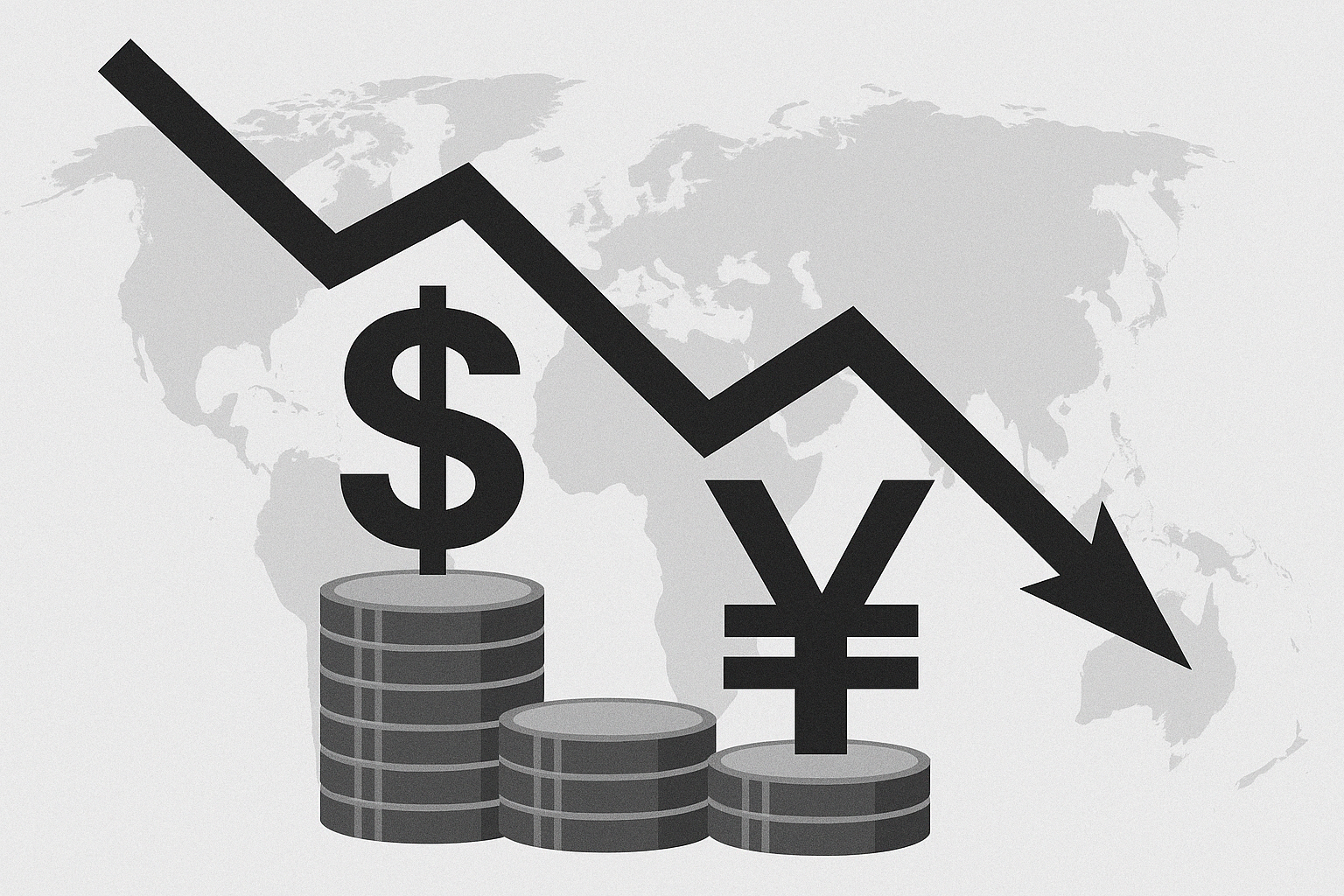Last week, China issued a direct warning to the World Trade Organization: tariffs imposed by the United States could trigger serious humanitarian crises in developing countries.
Beijing's statement was blunt:
“They pulled this tariff crisis out of nowhere… in a typical practice of unilateral intimidation.”
Does the Chinese warning seem more diplomatic than sincere? Maybe. But that doesn’t negate the deeper truth it reveals: Tariffs do not protect — they isolate. And by isolating, they impoverish.
Developing countries that depend on global production chains are the first to feel the impact of trade barriers. They lose access to markets, see their products artificially expensive, and see inflation erode the wages of the poorest. The trade war of the big ones is the silent hunger of the small ones.
It is curious how an authoritarian regime like China's becomes the spokesperson for a principle that liberals have always defended:
Taxes and tariffs lead to poverty — not protection.
And when Brazil, for example, follows this path — whether due to left-wing or right-wing ideology or mere populism disguised as nationalism — the ones who pay the bill are the consumers and entrepreneurs who support the real economy.
📣 Final Call (CTA):
Trade is not a threat. It is freedom in motion.
Follow the Power & Market and continue following our exclusive series on the future of the economy.


